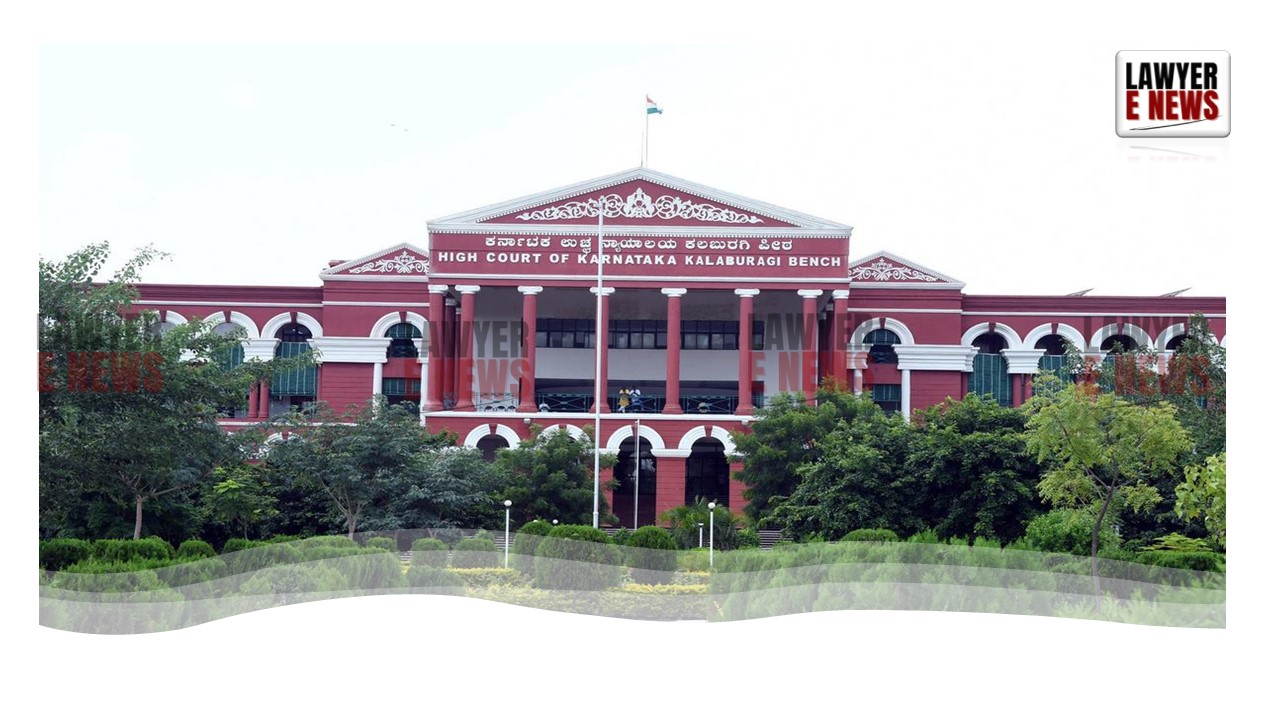-
by Admin
15 February 2026 5:35 AM



Temporary Injunction Rejected in Business Dispute - Karnataka High Court overturned a Trial Court's order granting a temporary injunction restraining the appellants from alienating or encumbering the suit property in a business dispute. Justice H.P. Sandesh held that the respondent (plaintiff) failed to provide prima facie evidence to substantiate his claims of fraud, misrepresentation, and misuse of his digital signature. The High Court allowed the appeal, setting aside the injunction order and dismissing the application for temporary relief.
Civil Law - Injunction – Fraud Allegations – No Prima Facie Case by Respondent – Injunction Set Aside
The respondent, a former designated partner of M/s Nimah Urbanscapes LLP, alleged that the appellants fraudulently removed him from the partnership by misusing his digital signature to file forged documents with the Ministry of Corporate Affairs (MCA). He claimed to have been misled into signing supplementary LLP agreements during a period of ill health and hospitalization, which were subsequently used to oust him and induct new partners.
The Trial Court granted a temporary injunction on September 20, 2024, restraining the appellants from alienating or creating third-party rights over the suit schedule property, citing a prima facie case of fraud. However, the High Court, after analyzing the evidence, held:
“The respondent has not produced any material to substantiate his claims of fraud or misuse of digital signatures. On the contrary, the resignation letter, supplementary agreements, and correspondence from the respondent himself corroborate the appellants’ position. There is no prima facie case in favor of the respondent.” [Para 19]
The High Court allowed the appeal and dismissed the application for a temporary injunction, stating that the Trial Court’s findings were contrary to the material evidence. [Paras 16-21]
Evidence – Resignation and Consent Letters – Admissions Support Appellants
The appellants relied on several documents to establish the validity of the transactions and the respondent’s resignation as a designated partner:
1. Resignation Letter (Annexure-D): Signed by the respondent on January 20, 2024, indicating his voluntary resignation from the LLP.
2. Correspondence (Annexure-E): The respondent requested on January 22, 2024, that the chartered accountant upload the changes in the LLP's structure to the MCA portal.
3. Settlement Payment: The respondent accepted a payment of ₹3.5 crore towards settlement upon his resignation.
The court noted:
“The respondent did not challenge the resignation letter or the supplementary agreements within a reasonable timeframe. His subsequent claim of misrepresentation and fraud is inconsistent with his own communications and actions.” [Paras 16-18]
Further, the court observed that the respondent’s wife had signed the supplementary agreement as a witness, reinforcing its authenticity. [Para 16]
Balance of Convenience – Impact on Business Operations – Injunction Denied
The High Court found that the balance of convenience lay in favor of the appellants, noting that the temporary injunction had disrupted the firm’s business operations. It stated:
“Restraining the appellants from alienating or dealing with the suit schedule property would cause irreparable loss to the appellants and disrupt their business. The balance of convenience is not in favor of the respondent.” [Para 20]
The court emphasized that the respondent had acquiesced to the transactions by not promptly challenging them and by accepting the settlement amount. [Para 19]
Revisional Jurisdiction – Interference with Trial Court Order – Justified
The High Court intervened, finding that the Trial Court had erred in concluding that a prima facie case of fraud was made out. The court held:
“The Trial Court failed to consider the resignation letter, supplementary agreements, and the respondent’s own communications, which clearly demonstrated the absence of fraud. The findings on fraud and prima facie case are contrary to the material evidence.” [Para 19]
The High Court relied on the Supreme Court’s ruling in Veena Singh (Dead) Through Legal Representative v. District Registrar/Additional Collector (2022) 7 SCC 1, which held that allegations of fraud must be substantiated with evidence and mere denial of execution is insufficient.
The High Court allowed the appeal, set aside the Trial Court’s order granting a temporary injunction, and dismissed the respondent’s application for interim relief. It concluded that the material evidence favored the appellants, and the respondent failed to establish a prima facie case of fraud or misrepresentation.
Date of Decision: January 10, 2025
